Keywords: Migration
There are more than 200 results, only the first 200 are displayed here.
-
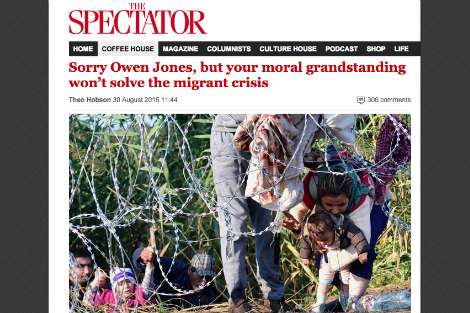
AUSTRALIA
- Tim Robertson
- 09 September 2015
3 Comments
Writing in The Australian this week, Chris Kenny declares: 'Emotion, moral vanity, political posturing and good intentions won't be much of a guide when it comes to making the right decisions and delivering the best results'. He and like minded opinion writers get so much traction because they're essentially correct. Compassion alone is not enough.
READ MORE 
-
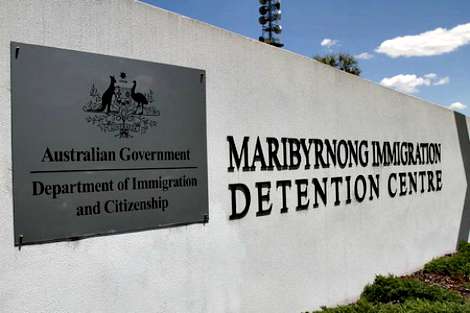
AUSTRALIA
- Andrew Hamilton
- 07 September 2015
9 Comments
Actions taken in the Immigration Detention Centre after the 28 August aborted Border Force operation involved the use of force and intimidation on people who are being detained. Not for their misdeeds or any threat they pose, but for the convenience of the Department. And they disclose what happens when ABF officers are permitted to to use any force they think necessary without proper accountability.
READ MORE 
-
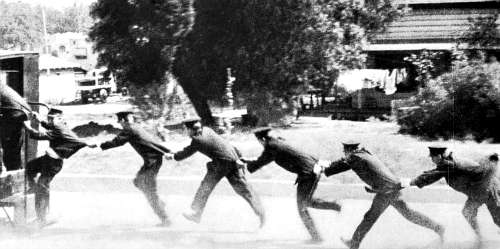
AUSTRALIA
- Kerry Murphy
- 04 September 2015
18 Comments
While we can shake our heads and laugh at last week's farce in Melbourne, we should be more concerned about the many ways this government is punishing refugees in the law, using language to demonise people and and setting up systems geared to rejecting applications. We don't need black uniforms and guns, or any form of militarisation and politicisation of Immigration.
READ MORE 
-
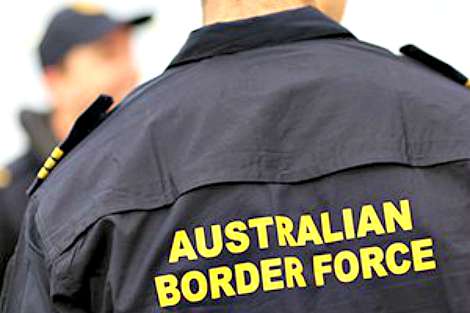
AUSTRALIA
- Andrew Hamilton
- 03 September 2015
6 Comments
Last week the Reform Summit and the Australian Border Force's aborted Operation Fortitude were responses to the the perceived paralysis in Australian politics and public life. The Summit was a commendable initiative demonstrating that organisations with diverging agendas can talk together and reach consensus. It offered a chastening example to the political parties that currently emphasise their areas of disagreement and prefer to smash through — rather than think through — the obstacles to Australia’s prosperity.
READ MORE 
-

- Frank Brennan
- 01 September 2015
1 Comment
If you want to form government in Australia and if you want to lead the Australian people to be more generous, making more places available for refugees to resettle permanently in Australia, you first have to stop the boats. If you want to restore some equity to the means of choosing only some tens of thousands of refugees per annum for permanent residence in Australia from the tens of millions of people displaced in the world, you need to secure the borders. The untrendy truth is that not all asylum seekers have the right to enter Australia but that those who are in direct flight from persecution whether that be in Sri Lanka or Indonesia do, and that it is possible fairly readily (and even on the high seas) to draw a distinction between those in direct flight and those engaged in secondary movement understandably dissatisfied with the level of protection and the transparency of processing in transit countries such as Malaysia and Indonesia. The popular evil is that political
READ MORE
-
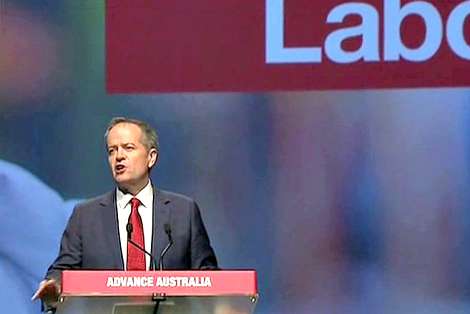
AUSTRALIA
- Kerry Murphy
- 28 July 2015
35 Comments
When refugee advocates criticise harsh policies such as boat turnbacks, they are confronted with claims that the measures are necessary for saving lives at sea. This justification has dominated the debate to the extent that any policy which further restricts refugee rights becomes justifiable on this ground. Imagine a proposal to ban cars because there were too many people killed and injured on the roads.
READ MORE 
-
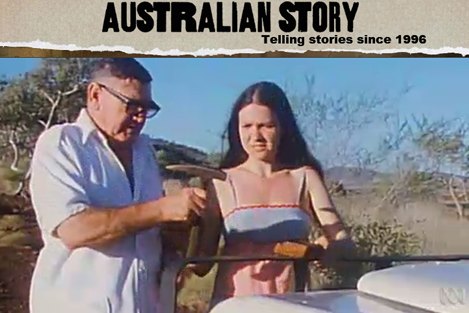
AUSTRALIA
- Ellena Savage
- 17 July 2015
4 Comments
There is a suburban myth about migrant families. The first generation toil, the second become professionals, and the third artists. Like all dynasties, the Rineharts are destined to one day represent the crusty relics of former glory. That's fine. I mean, why would the beneficiaries of other people's obsessive toils and struggle work, if they didn't have to?
READ MORE 
-
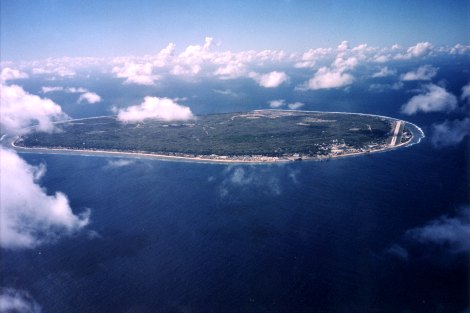
INTERNATIONAL
In an impressive demonstration of how the revocation of citizenship can be made to work to defend the national reputation and lifestyle of a country against those who would wish it harm, five of the country's seven opposition MPs (in a 19 member Parliament) have had their passports cancelled for 'damaging the reputation and development of the country'. In Australia, at least for the moment, damaging of Government property will still be required for the Minister of Immigration and Border Protection to revoke citizenship under the new anti-terror provisions in s.35A of the Citizenship Act.
READ MORE 
-
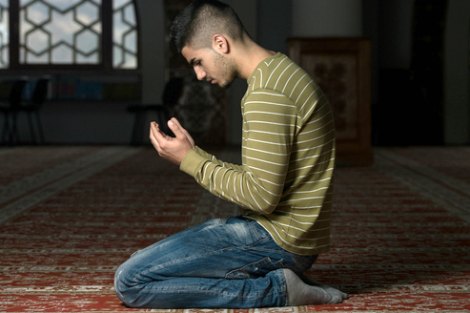
AUSTRALIA
- Andrew Hamilton
- 02 July 2015
18 Comments
Against the background of Australia's migration history, we can see the importance of Muslim groups maintaining their own praying community and culture including the use of their native language of worship. This will inevitably change with successive generations, but the pace of this is a matter for the communities themselves. The most harmful thing native born Australians can do is to pressure migrants to abandon their cultural roots in order to fit our expectations and to placate our fears.
READ MORE 
-

AUSTRALIA
- Fatima Measham
- 26 June 2015
7 Comments
Ministerial discretion over citizenship can't replace court processes. Such executive overreach, which contradicts democratic principle, has already found expression in law. From July 1st, workers involved in immigration detention, including doctors and teachers, are subject to two years imprisonment for speaking publicly about what they witness. In other words, whistleblowing has been penalised.
READ MORE 
-
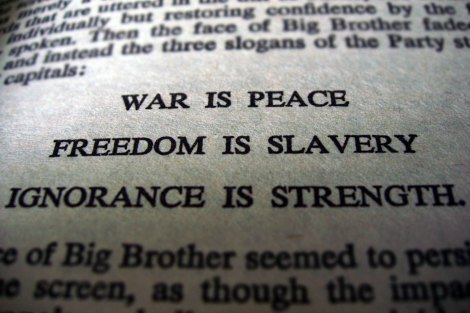
INTERNATIONAL
In George Orwell's most famous novel 1984, the white face of the Ministry of Truth bears the slogans: WAR IS PEACE, FREEDOM IS SLAVERY, IGNORANCE IS STRENGTH. Australia is not approaching dictatorship, but a quick look at Orwell's slogans in the light of the past week's news makes disturbing reading.
READ MORE 
-
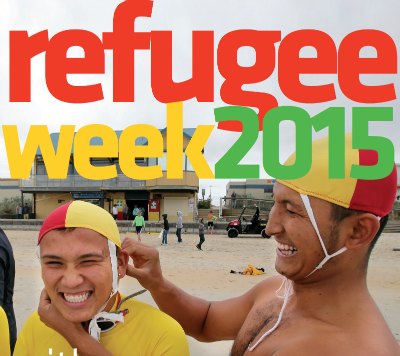
AUSTRALIA
- Andrew Hamilton
- 18 June 2015
13 Comments
Refugee Week has been overshadowed by stories of harsh new laws, reports of government misbehaviour and ministerial silence. Regrettably hostility towards asylum seekers is widespread. We must look beyond this crabbed little world to imagine a polity in which states cooperate to change the conditions that force refugees to flee.
READ MORE 